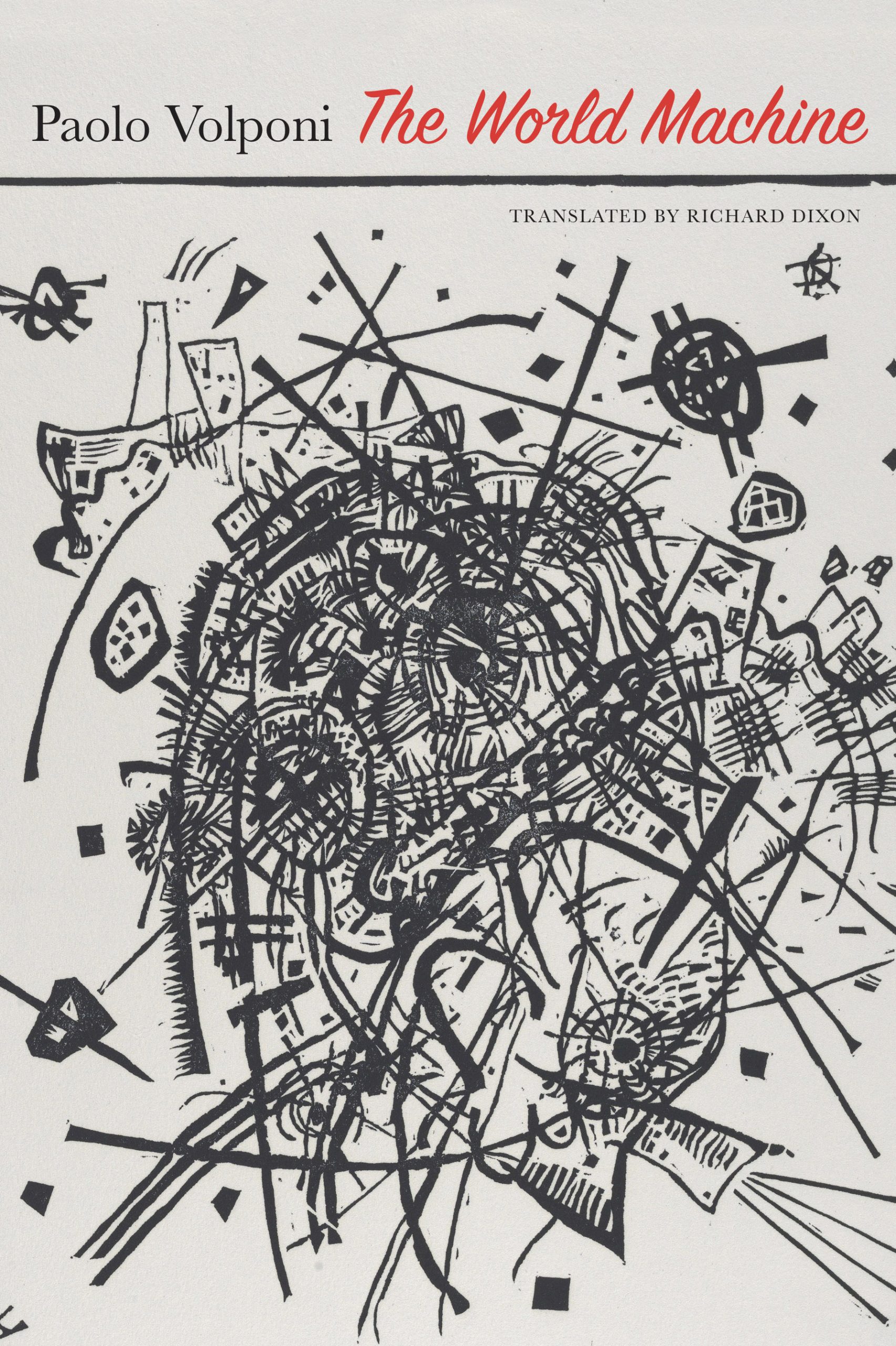Volponi, Olivetti and The World Machine
Francesca Limana, David Albert Best and Richard Dixon in conversation
Monday 25 November, 6.30pm at ICI London
In the centenary year of Paolo Volponi’s birth, our three speakers consider Volponi’s position in twentieth-century literature and the profound influence of Adriano Olivetti on his writing and political thought. Olivetti, one of Europe’s most enlightened industrialists and head of the company that would soon produce one of the world’s first desktop computers, met Volponi in 1949 and recognized potential in the young poet and law graduate from the rural Marche region. He enlisted him on a mission that would look for sustainable ways of improving the well-being of his labour force, most of whom were immigrants from the Italian south who had abandoned the poverty and deprivation of their rural past in search of a new life. In 1956, he appointed Volponi as his Social Services director at the factory in Ivrea, where Volponi would remain after Olivetti’s early death in 1960 and until the early 1970s. The eight novels that Volponi published between 1960 and 1991 provide a vivid portrayal of the contrasts and contradictions of rural and industrial life in a fast-expanding society. The second of these, La macchina Mondiale, for which Volponi won the first of two Strega Prizes, in 1965, has been published in this centenary year by Seagull Books and University of Chicago Press, translated by Richard Dixon as The World Machine. It tells the story of a rustic philosopher, one of life’s misfits, who develops the theory that people are machines built by other beings who are machines themselves.
Event organised in collaboration with Seagull Books
Book your place HERE
Francesca Limana is a communications expert, curates cultural projects and promotes the optimization of archive resources of foundations and third sector organizations. From 1999 to 2022, she was Head of Communication and Editorial Projects at the Adriano Olivetti Foundation and conducted research relating to Olivetti, curating exhibitions including: Universo Olivetti. Comunità come utopia concreta international exhibition promoted with the Ministry of Foreign Affairs and International Cooperation and the MAXXI Foundation (2021); Olivetti. 110 anni di innovazione exhibition curated for Olivetti SpA at the Museo del Novecento in Milan (2019), Adriano Olivetti nostalgia di futuro, Italian Pavilion, 13th Venice Biennale (2012). From 2008 to 2022 she was editor-in-chief of the periodical COMUNITÀ, a cultural magazine founded in 1946 by Adriano Olivetti. Since 2023, she has been a member of the Scientific Committee of the IN-Arch National Institute of Architecture and the Organizing Committee of the MANUSCRIBERE Festival, for the candidacy of handwriting as a UNESCO heritage.
David Albert Best (Senior lecturer at the Université Libre de Bruxelles; Director of the university’s language centre, ULB Langues). After graduating with a BA in European Studies from University College Cork (1999), DAB undertook research for a PhD in Modern Languages with a thesis on Representations of rurality in 20th-century central Italian literature (Ruralism in Central Italian Writers 1927-1997: From ‘Strapaese’ Landscapes to the Gendering of Nature, Ancona University Press, 2010). He has lectured/researched on Italian language and culture at the Universities of Cork, St Andrews, and Trinity College Dublin (2003-2009), subsequently teaching translation and cultural studies at the University of Naples ‘L’Orientale’ (2009-2011). He has published interdisciplinary papers on Carlo Cassola, Romana Petri, Fabio Tombari and Paolo Volponi, including: “Volponi-Olivetti e la difesa della civiltà contadina: La macchina mondiale tra ruralismo e cultura industriale”, in Volponi estremo, ed. by S. Ritrovato, T. Toracca & E. Alessandroni (Metauro, 2015) and “Volponi-Ottieri-Olivetti and the ills of homo industrialis: a return to ‘la civiltà della natura’ as questionable antidote to urban-industrial malaise”, in The Years of Alienation in Italy: Factory and Asylum Between the Economic Miracle and the Years of Lead, ed. by A. Diazzi & A. Sforza Tarabochia (Palgrave, 2019). Spanning 20th-century Italian/European literature, his research is informed by cultural geography, landscape and rural studies, ecocriticism and ecofeminism, gender and postcolonial studies, and translation, with contributions ranging from analyses of interpretation issues for Italian WWII PoWs in rural Scotland, to studies of multilingualism policy, drafting practice, and equivalence in EU legal documents. He edited and translated Domenico Cosmai’s volume, The Language of Europe: Multilingualism and Translation in the EU Institutions (EUB, 2014). Based in Brussels, DAB served two terms as President of the European Legal English Teachers’ Association (EULETA, 2016-2021) and remains active as an educator in the field of languages for specific purposes.
Richard Dixon has translated some forty works, including Umberto Eco (The Prague Cemetery, Numero Zero, Chronicles of a Liquid Society), Roberto Calasso (Ardor, The Art of the Publisher, The Ruin of Kasch, The Unnamable Present, The Celestial Hunter), Carlo Emilio Gadda (The Experience of Pain), Antonio Moresco (Distant Light and Clandestinity), Stefano Massini (The Lehman Trilogy and The Book of Nonexistent Words), Adrián N. Bravi (The Combover and South 1982), Marcello Fois (Valse Triste), and was one of the translators of Giacomo Leopardi’s Zibaldone. His translations have been shortlisted for the Independent Foreign Fiction Prize 2012, John Florio Prize 2016 (commended translation), ALTA Italian Prose in Translation Award (2017) and International Dublin Literary Award (2018).
Paolo Volponi’s The Javelin Thrower (2019) and The World Machine (2024) are published by Seagull Books and University of Chicago Press





